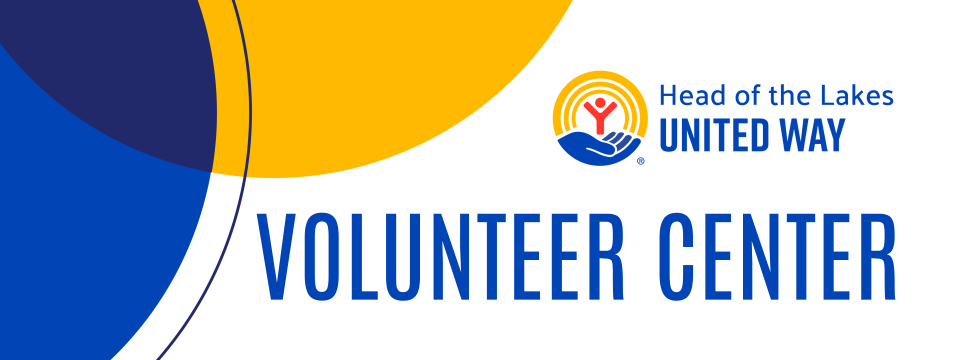Transition Circles
-
- Transition Circles are organized to provide support and accountability for offenders of domestic violence who are, or have recently been incarcerated and are transitioning back into the community.
- When an offender is accepted into the DVRC program, a Transition Circle (made up of community members), is organized to provide weekly support to them for an average of 6 months.
- Transition Circles meet once a week for two hours (for an average of 6 months).
- After a Transition Circle is complete the circle will meet for 3 follow up circles. The follow up circles are once a month, for two hours (for 3 months).
- The Transition Circle process is a specific and intensive approach to batterers. Transition Circles focus on holding an offender accountable for the violence they have committed, while providing the social support necessary for the offender to change their thinking and behavior.
- The Transition Circle process provides the opportunity to identify issues and other factors that may exacerbate violence, such as, a family history of violence, chemical dependency, mental illness, sexism and socialization. Additionally, the Transition Circle process creates the opportunity for the offender to connect to community resources that can help reduce the impact those factors will have on future behavior.
- Transition Circles work to develop a contract that is adopted into the offender’s court and probation agreements which highlights steps the offender will take to repair the harm and develop a healthy, respectful and nonviolent lifestyle.
Support Circles
- When an offender is accepted into the DVRC program and has a Transition Circle organized for them, a Support Circle is offered to the victims/survivors of their violence.
- Support Circles focus on the needs of the victim/survivor.
- Support Circles are guided by the victims’/survivors’ wishes and are individualized to their needs. The length of the Support Circle is based on what the victim/survivor needs.
- Support Circles provide a space for the victim/survivor to talk about the impact of the violence perpetrated against them and provides opportunity for healing.
- Victims/survivors are also offered advocacy support to aid in areas such as safety planning, crisis intervention, legal assistance, connecting to resources, filing protective orders, attending court hearings and more.


